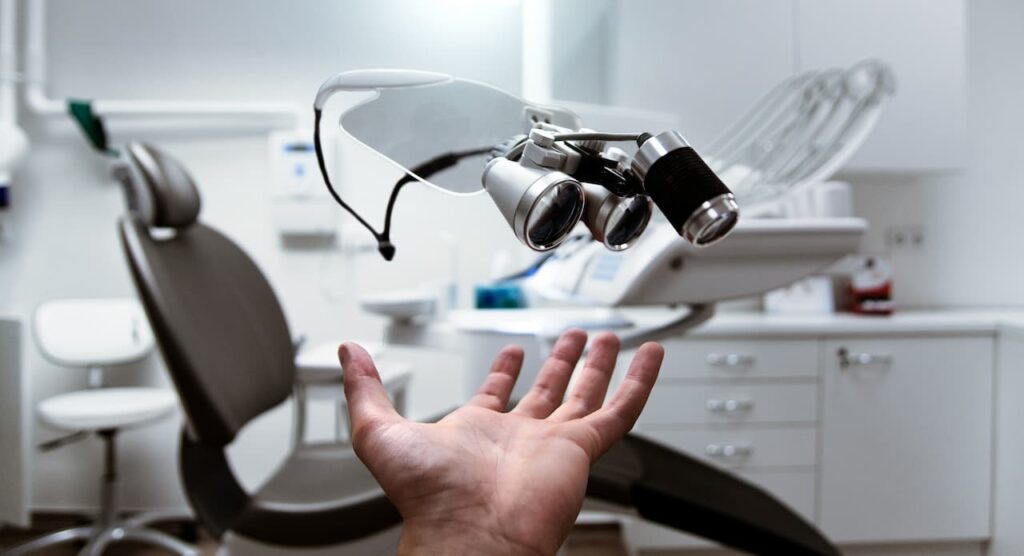Medicine is a science, as well as a sphere of practical activity, the purpose of which today is to prevent and cure diseases. At the initial stage of development, it specialized mainly in the treatment, and not in the prevention of diseases; modern medical science has a comprehensive approach to prevention and treatment.
Current knowledge of medicine in prehistoric times is based primarily on the study of fossil remains. A number of other pieces of information were provided by the practice of the primitive peoples known today. The medicine of those times suggested supernatural causes of diseases – the influence of evil spirits or the result of witchcraft. Magical medicine is still practiced in Polynesia, partly in the central parts of Africa and Australia. The magical direction gives rise to quackery, one of the first human professions.
Ancient Greece
In ancient Greece, the disease was considered as a punishment of divine origin, more precisely – the will from above. However, by the V century. BC. the Greeks move from superstition to scientific research, though these were not entirely divided. For example, the god Asclepius was considered the giver of healing, but at the same time a qualified medical practitioner.
The initial references to medical facts appear in the scenes of Homer’s Iliad, in descriptions of the treatment of victims during the Trojan War. This area of knowledge is also mentioned in other works of literature of those times. It is covered in the most detailed way in the treatises attributed to Hippocrates (approximately 460-377 BC), the most famous healer of those times. He is even called the “father of medicine” and is considered the creator of the oath of the same name. It is believed that it was Hippocrates who was the author of the idea of clinical medicine, i.e. study of the disease through examination of the patient himself.
Ancient Rome
In ancient times, Etruscan medicine had great authority, but we don’t know much about it today: for example, the Etruscans preferred to drain swamps for malaria, they knew how to treat their teeth well.
The Romans were not particularly respectful of the doctor’s profession, considering such an occupation unworthy of the citizens of Rome. Often, medical practice served as the lot of slaves. Greek doctors were viewed with suspicion. Only Julius Caesar gives citizenship to Greek doctors, stereotypes are dispelled over time, and such specialists become in demand, rich. The medicine of this period reaches its peak with Galen (AD 130–200), the last eminent Greek doctor of the Roman Empire.
Middle Ages
Byzantine medicine
Before the arrival of the barbarians, the center of the Roman lands moved to Byzantium. Here attempts were made to preserve the legacy of previous times. The Middle Ages brought many wars, epidemics, and Christian doctrine was often accepted with desperate fanaticism. The very understanding of the nature of diseases is regressing, which were associated not with ordinary factors, but were considered the punishment of a sinner. Although Christian charity involved the care of the sick and new hospitals were established for this, healing methods were not based on medical knowledge.
Arabic medicine
Arab civilization showed great tolerance for the knowledge of foreigners. The origin of Arabic medicine dates back to before the birth of Muhammad (570-632). Famous doctors: Hunayn ibn-Ishaq al-Ibadi, al-Razi, Isaac Ben Salomon Israel. Avicenna’s Canon becomes a work that combines the results of the Greco-Arab period in the development of medical science, the main source of knowledge in Asia and Europe for the next 6 centuries. Surgery has long been regarded as inferior, a characteristic of both the Arab and Christian worldviews.
Renaissance era
The Renaissance, which began in the 14th century, lasted about two hundred years, becoming one of the most significant periods in the existence of human civilization. In this era, Hippocrates and Aristotle could freely be studied in the original.
Leonardo da Vinci (1452-1519) became the first modern anatomist; the scientist performed autopsies, made a number of important discoveries, in particular, he found the maxillary sinus. The anatomical drawings of this great naturalist are very accurate.
The work of Paracelsus (ca. 1493-1541), the most famous figure of the Renaissance, is filled with the contradictions inherent in those times. But in some aspects he is very progressive: Paracelsus spoke of the need to stop the gap between medicine and surgery, insisted on keeping wounds clean, made the form of recipes simpler, but completely denied the authorities of antiquity. Surgery in this era is the lot of barbers, in terms of status, it, as before, is lower than medicine.
Seventeenth century
Perhaps the most significant contribution of the Renaissance to the field of medical knowledge was that it managed to deal a significant blow to authoritarian approaches in philosophy, as well as in science in general. The most important discovery, which turned the views of physicians, was the discovery of blood circulation.
The result of the extensive work of this century is the formation of scientific societies (England, Italy, Germany), which carry out research activities, publish publications about its results in famous scientific publications. The most important society in medicine of those times was the Royal Society in England (four founders became the authors of the actual doctrine of breathing).
Anatomy did not lag behind physiology. Almost half of its terms come from the 17th century, being associated with the names of Steno, Virzung, Pakhioni, etc. Of considerable importance in the evolution of microscopy, anatomical knowledge was the school of Leiden, which became in the 17th century. center of medical knowledge. Clinical medicine also achieves considerable results, the recognition of diseases is developing.
Eighteenth century
In the medical field, this period is becoming more of an era of systematization, assimilation of existing knowledge, rather than global discoveries. It is characterized by an improvement in education in medicine, the foundation of new schools of this profile (Vienna, Edinburgh, Glasgow).
As for the field of clinical medicine, it should be said about the progress in the field of obstetrics, the evolution of preventive medicine. Despite the lack of anesthesia, surgery in these years is also moving forward significantly.
nineteenth century
The works of L. Pasteur (1822-1895), who established the origin of infectious diseases, became the beginning of the “bacteriological era”. Based on the works of the scientist, J. Lister (1827-1912) offers an antiseptic method for wounds. Its use can significantly reduce complications due to injuries or surgical interventions.
Microbiology, epidemiology are developing, the causative agents of various infections have been identified, and the reasons due to which resistance to diseases arises – immunity – have been clarified.

The twentieth century
The discovery of X-rays (V. K. Roentgen, 1895-1897) was the beginning of radiation diagnosis, without which it is now impossible to imagine examinations.
Starting from the 2nd part of the XX century. During the technological revolution and medicine, the role of electronics is important. There are innovative ways of fixing the features of organs through different devices.
Electron microscopy makes it possible to magnify thousands of times, and this makes it possible to study the smallest details in the structure of the cell, as well as the changes that occur in them. Medical cybernetics can boast of active development.
Genetics (its main provisions were laid by G. Mendel) establishes the laws of heredity, discovers variability. The discovery of blood types by K. Landsteiner and Ya. Jansky (1900 – 1907) was the beginning of the use of transfusions in practice. At the beginning of the XX century. Dr. P. Ehrlich laid the foundations of chemotherapy.
Well advanced originated in the XX century. the doctrine of vitamins (they were discovered by N. Lunin), the patterns of development of a number of vitamin deficiencies were clarified, and ways to prevent them were discovered. The doctrine of the endocrine glands has developed into a separate discipline (endocrinology).
The success of chemotherapy, hormone therapy, radiotherapy, the use of psychotropic drugs that selectively act on the central nervous system, the possibility of surgical intervention on the so-called. open heart surgery, surgery on the brain or other previously inaccessible parts of the body, changed the image of medicine, allowed the doctor to better manage the course of the disease.
In our age of dynamic development of innovative technologies, the prospects for the medical field of knowledge are truly limitless.
